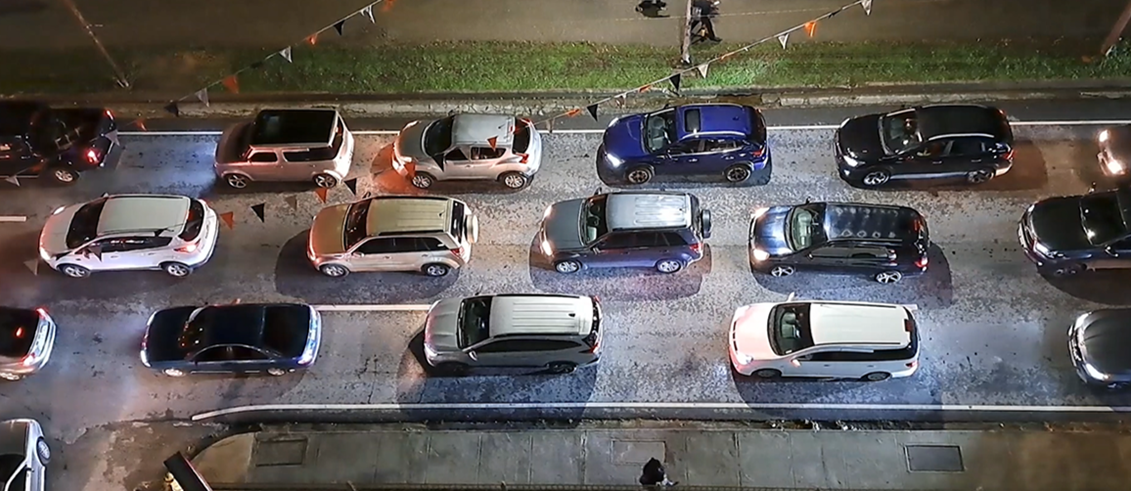Trinidad and Tobago Commuters Spend One Month of Life in Traffic Every Year… Direct Economic Cost of Traffic in T&T - $2.26B
Work area(s)
Topic(s)
The direct economic cost of traffic in Trinidad and Tobago is an estimated TT$2.26 billion per year or 1.37 per cent of GDP; with the average commuter spending an average 793 hours, cumulatively 33 days – one month of the year in traffic delays. These are two of the main findings of the study Assessment of the economic costs of vehicle traffic congestion in the Caribbean – A case study of Trinidad and Tobago, produced by ECLAC Caribbean.

Over the period June to September 2023, data was collected, using online field surveys, in which respondents answered questions on their traffic congestion experience in Trinidad and Tobago. A key assumption which underpinned the method is that commuters (both drivers and passengers) are best able to estimate the amount of time spent in traffic during their daily movements. Most respondents (56 per cent female and 44 per cent male), reported that they commuted at least three times per week in self-driven private vehicles (81 per cent), carrying no passengers.
The problem of vehicular traffic has been studied worldwide, and has significant economic, social and environmental effects. In the European Union, traffic-related loss amounts to some 1.4 per cent (200 billion Euros) of GDP. In the USA, traffic triggers an annual loss of 0.7 per cent of GDP or some US $151 million. Before the publication of this research, no studies have estimated the economic impact of traffic congestion at the national level in the English-speaking Caribbean.
This study found that the average time delays for weekday periods ranged from a low of 3 minutes at night, to a high of 58 minutes during the late afternoon period. On weekdays, traffic delays from 4am – 9am averaged 52 minutes. The average annual time lost per worker in Trinidad and Tobago was estimated to be 793 hours, approximately 16 hours each work week. The research used hourly wage rates partitioned across the total labour participation rate for 2021 to calculate the estimated TT $2.236 billion lost opportunity cost.
The problem of traffic congestion has become a major challenge among Caribbean small island developing states (SIDS), especially in the context of the subregion’s growing urbanization and increasing levels of motorization over the past three decades. The study notes that the road network in T&T evolved in the manner typical of SIDS, with limited land resources, economies of scale and hilly topography limiting options for expanding road infrastructure. The study notes that population growth and urban expansion outpaced the development of road networks; additionally, the high per capita car ownership of 0.5 vehicles per person is contributing to the intense traffic congestion and long commutes. Vehicle sales in T&T continue to trend upwards. Between 2010-2019, there was an addition of approximately 15,000 new vehicles per year. While vehicle stock numbers have continuously risen, over the last four decades, road network infrastructure has a rough increase of only 0.5 per cent per year.
The study makes policy recommendations for consideration over the short to medium term, including, continuing efforts to strengthen public transportation services, including strategies to make public transportation more accessible, safe and attractive to commuters; enhancing the role of paratransit or auxiliary service providers; increased telecommuting to reduce the need for physical commuting, especially among professional workers; further investment in a school bus service, which could mitigate school-generated tragic congestion; and application of better spatial planning and traffic management tools when planning for annual and or seasonal events.
Related content
Subregional headquarter(s) and office(s)
Type
Country(ies)
-
Trinidad and Tobago
Contact
ECLAC Caribbean media
- spou-pos@un.org
- 868 708 1769